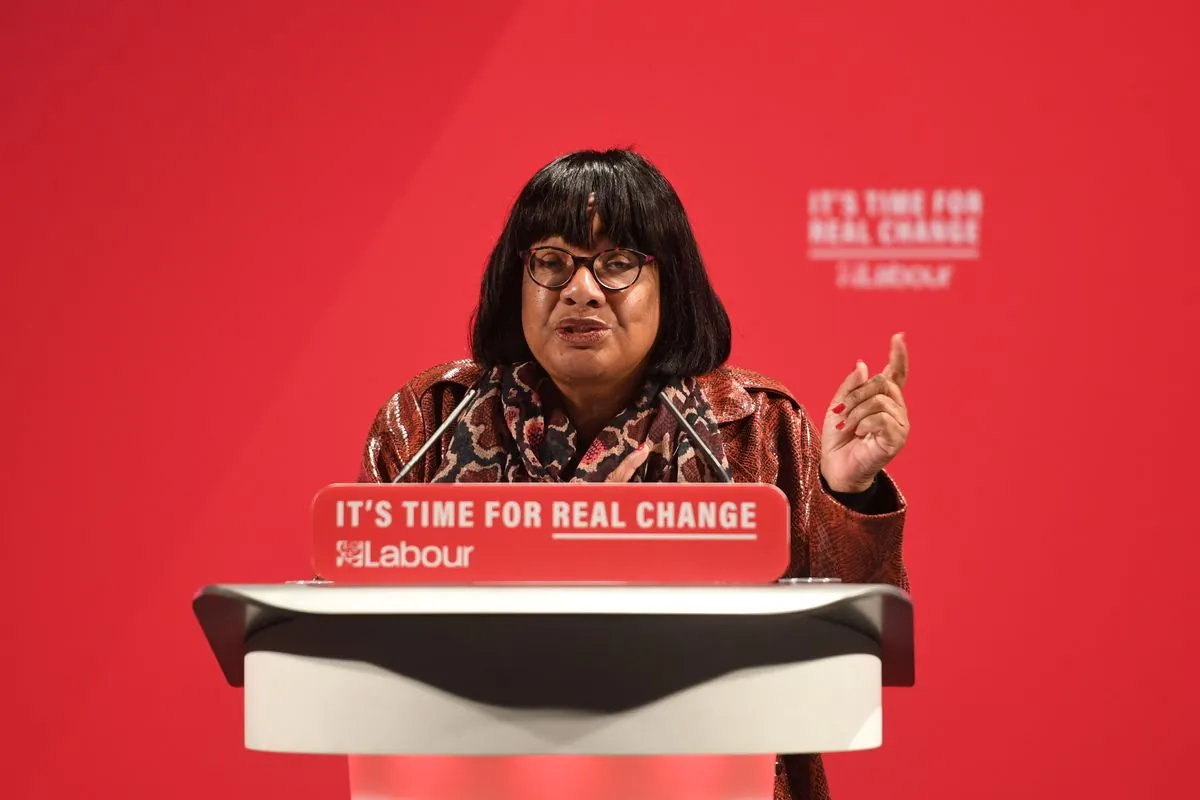UK Politics: Labour's Plans and Tory Legacy Spark Economic Concerns
Analysis of Labour's potential "war on wealth" and the Conservative party's role in shaping current economic challenges. Explores generational divides and the future of UK capitalism.

In recent years, the United Kingdom has faced significant political and economic challenges, with both major parties drawing criticism for their approaches. The Labour Party's potential "war on wealth" and the Conservative Party's legacy have sparked concerns about the nation's economic future.
Labour's proposed policies, including a possible increase in capital gains tax, have raised alarms among middle-class pensioners and asset owners. These plans, while potentially politically expedient, risk exacerbating economic instability. The threat of such measures has already prompted some wealthy individuals to consider leaving the UK, potentially leading to a decrease in Treasury revenues.

The Conservative Party, however, is not without blame. During their time in power, they increased the tax burden to its highest level in 70 years, setting a precedent for Labour's proposed tax hikes. Moreover, the Tories' focus on maintaining support from older voters while neglecting younger generations has contributed to the current intergenerational divide.
"The fault for this ultimately lies with the Tories. As outraged as some of us may be at Labour in coming weeks, we should not forget the epic scale of the Right's failure."
The UK's transition from a manufacturing to a knowledge-based economy has presented challenges that neither party has adequately addressed. This shift has led to a reevaluation of traditional market mechanisms and raised questions about wealth distribution. However, the socialist approach proposed by some on the Left fails to recognize the potential of the emerging knowledge economy.
The Conservative Party's ideological shift away from Thatcherite principles of free markets and individual responsibility has left a vacuum in the defense of capitalism. This has allowed critics to portray capitalism as a system that benefits only the elite, a view particularly prevalent among younger generations who have grown up in the aftermath of the 2008 financial crisis.
Current Tory leadership candidates have struggled to articulate a compelling vision for the UK's economic future. Kemi Badenoch, Robert Jenrick, and Tom Tugendhat have all touched on important issues but have yet to present a comprehensive plan for addressing the country's economic challenges.
The generational divide in the UK has become increasingly pronounced, with younger generations expressing frustration through social media platforms like TikTok. This divide reflects a broader shift in perceptions of class and wealth, challenging the once-prevalent notion that "we are all middle class now."
As the UK grapples with these complex issues, it is clear that both major parties must reassess their approaches to economic policy and social cohesion. The country's future prosperity depends on finding a balance between fostering economic growth and addressing the concerns of all generations.


































